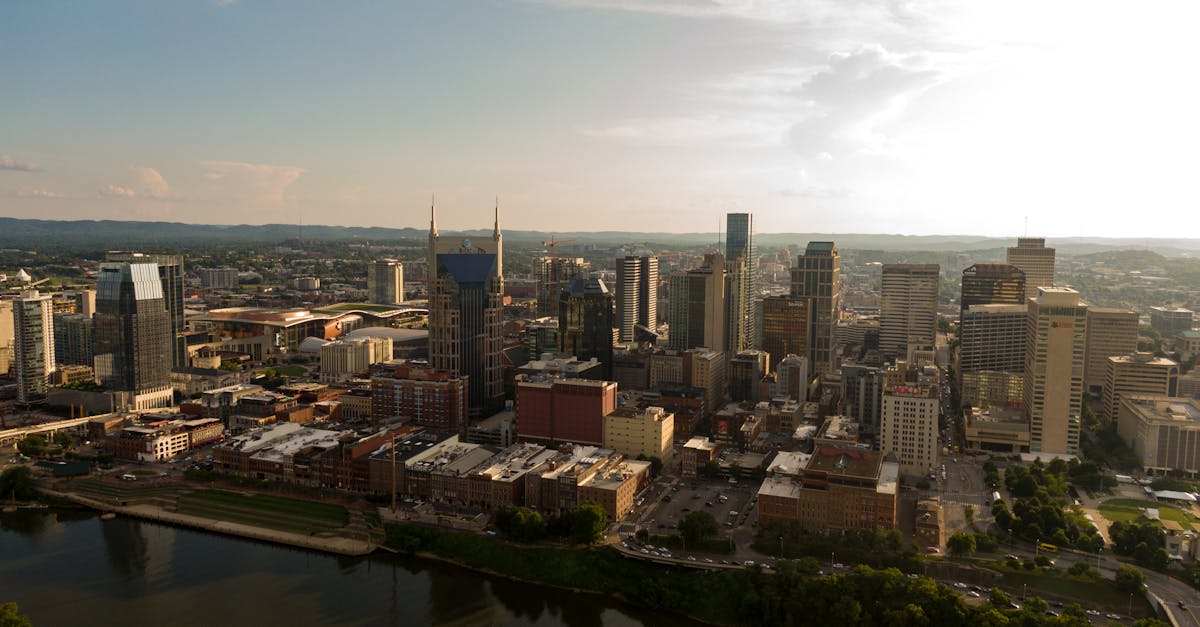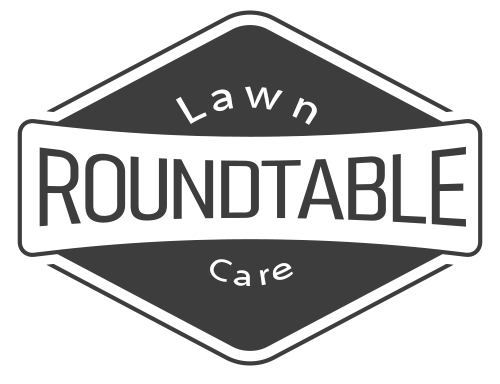Unveiling Nashville’s Native Plant Gems: A Botanical Odyssey

Nestled in the heart of Tennessee, Nashville boasts a rich tapestry of native plants, each contributing to the city’s ecological vibrancy and horticultural charm. From butterfly-attracting blooms to bird-nurturing havens, Nashville’s native flora offers a captivating array of choices for gardening enthusiasts and nature lovers alike.
Unveiling the botanical treasures of Music City, this comprehensive guide will lead you on a journey through Nashville’s native plant gems, exploring their ecological significance, showcasing their aesthetic allure, and providing practical tips for incorporating these local beauties into your own outdoor space. Get ready to discover the hidden gems that make Nashville’s natural heritage truly special.
Native plants serve as the foundation of a healthy and resilient ecosystem. By embracing these local species, we not only enhance the beauty of our surroundings but also support our local wildlife and promote biodiversity. Let’s dive into the world of Nashville’s native plants and uncover their ecological wonders.
Key Insights: Native Plants of Nashville
Key Insights
- Nashville’s native plants are a diverse and beautiful group of species that play a vital role in the local ecosystem.
- Native plants provide food and shelter for wildlife, promote biodiversity, prevent erosion, and improve water quality.
- Low-maintenance native plants are a great choice for busy gardeners or those looking to create a sustainable landscape with minimal effort.
- Local nurseries play a crucial role in cultivating and providing native plants, ensuring the preservation of our botanical heritage.
- Incorporating native plants into your landscape design can create a beautiful, sustainable, and harmonious outdoor space.
1. Nashville’s Botanical Heritage
Nashville’s botanical heritage is a symphony of colors, textures, and scents, woven together by a diverse array of native plants. These local species have adapted to Nashville’s unique climate and soil conditions over thousands of years, forming the foundation of the city’s intricate ecosystem.
From towering tulip poplars that grace our parks to delicate wildflowers that bloom along our trails, Nashville’s native flora plays a vital role in maintaining the city’s ecological balance. Native plants provide food and shelter for local wildlife, including birds, butterflies, and other pollinators. They help purify our air and water, reduce erosion, and mitigate the effects of climate change.
Embracing Nashville’s native plants in our gardens and landscapes not only enhances the beauty of our surroundings but also supports our local ecosystem. By choosing native species, we can create a more sustainable and resilient urban environment while preserving the city’s rich botanical heritage for generations to come.
2. Butterfly Beauties
Transform your garden into a vibrant haven for butterflies with Nashville’s captivating array of native plants. These nectar-rich species provide essential sustenance and breeding grounds for these delicate creatures, adding a touch of magic to your outdoor space.
From the cheerful blooms of purple coneflower to the delicate petals of butterfly weed, Nashville’s native plants offer a continuous source of nourishment for butterflies throughout the seasons. By incorporating these butterfly-friendly species into your garden, you can attract a diverse array of these winged wonders, creating a symphony of colors and life.
Not only do native plants support butterflies, but they also contribute to a healthy ecosystem. They provide food and shelter for other pollinators, such as bees and hummingbirds, and help maintain the balance of the local food web. Embrace Nashville’s butterfly beauties and watch your garden flutter with life and color.
3. Birds’ Botanical Delights
Nashville’s native plants are not only beautiful but also provide essential sustenance and shelter for our feathered friends. By incorporating these bird-friendly species into your garden, you can create a thriving bird community, filling your outdoor space with their cheerful songs and vibrant presence.
From the berry-laden branches of serviceberry trees to the nectar-rich blooms of coral honeysuckle, Nashville’s native plants offer a year-round feast for birds. These local species provide vital food sources, including insects, fruits, and seeds, helping birds to raise their young and survive the changing seasons.
Native plants also provide nesting sites and shelter for birds. Dense shrubs like American beautyberry and native viburnum offer protection from predators and the elements, while trees like red maple and white oak provide nesting cavities for a variety of bird species. By incorporating these native plants into your landscape, you can create a welcoming habitat for birds, fostering a harmonious balance in your garden.
4. Low-Maintenance Gems
Nashville’s native plants aren’t just beautiful and beneficial—many are also incredibly low-maintenance, requiring minimal care and attention to thrive in the local climate. These resilient species are adapted to Nashville’s unique soil conditions and rainfall patterns, making them ideal for busy gardeners or those looking to create a sustainable, low-water landscape.
From the drought-tolerant beauty of purple coneflower to the shade-loving grace of ferns, Nashville’s native plants offer a wide range of options for low-maintenance gardening. These species have deep root systems that allow them to withstand periods of drought, and they require less frequent watering than non-native plants.
Embracing low-maintenance native plants not only saves you time and effort but also promotes a healthier ecosystem. These local species are naturally resistant to pests and diseases, reducing the need for chemical treatments. They also attract beneficial insects and pollinators, further enhancing the biodiversity of your garden.
5. Native Plant Nurseries
Nashville is fortunate to have a number of local nurseries dedicated to cultivating and providing native plants, ensuring the preservation of our botanical heritage. These nurseries play a vital role in connecting gardeners with the local flora, offering expert advice and a wide variety of native species to choose from.
By supporting native plant nurseries, you’re not only beautifying your own garden but also contributing to the conservation of Nashville’s natural ecosystems. Native plants are essential for supporting local wildlife, maintaining biodiversity, and preserving the city’s unique character.
When visiting a native plant nursery, take advantage of the opportunity to learn from the knowledgeable staff. They can help you select the right plants for your specific needs and provide guidance on how to care for them. By choosing native plants from local nurseries, you’re not only investing in the beauty of your garden but also in the future of Nashville’s natural heritage.
6. Ecological Significance
Native plants play a crucial ecological role in Nashville’s vibrant ecosystem. They are essential for promoting biodiversity, preventing erosion, and providing essential habitat for local wildlife.
Native plants have evolved alongside the local fauna, forming complex relationships that support the entire food web. They provide food and shelter for a wide range of animals, including birds, butterflies, bees, and other pollinators. By incorporating native plants into our landscapes, we can help to maintain the delicate balance of our ecosystem and support the survival of countless species.
In addition to their role in supporting wildlife, native plants also play a vital role in preventing erosion and maintaining water quality. Their deep root systems help to hold the soil in place, reducing runoff and sedimentation. Native plants also absorb pollutants from the air and water, helping to improve the overall health of our environment.
7. Landscaping with Native Plants
Incorporating native plants into your landscape design is an art form that can create a harmonious and sustainable outdoor space. Native plants are not only beautiful and low-maintenance, but they also provide numerous ecological benefits.
When choosing native plants for your landscape, consider the specific needs of your site, such as sunlight, soil conditions, and drainage. Native plants that are well-suited to your site will thrive with minimal care and attention.
Once you have selected your plants, arrange them in a way that creates visual interest and supports the local ecosystem. Native plants can be used to create a variety of different landscape styles, from formal gardens to naturalistic meadows. By using native plants in your landscape, you can create a beautiful and sustainable outdoor space that is in harmony with the natural environment.
What are the benefits of using native plants in landscaping?
Native plants offer numerous benefits in landscaping, including:
- Ecological benefits: Native plants support local wildlife, promote biodiversity, prevent erosion, and improve water quality.
- Low-maintenance: Native plants are adapted to the local climate and soil conditions, requiring minimal care and attention.
- Sustainability: Native plants help to conserve water and reduce the need for pesticides and fertilizers.
- Beauty: Native plants offer a wide range of colors, textures, and shapes, adding beauty and interest to any landscape.
How do I choose the right native plants for my landscape?
When choosing native plants for your landscape, consider the following factors:
- Sunlight: Native plants have different sunlight requirements, so be sure to choose plants that are suited to the amount of sunlight your site receives.
- Soil conditions: Native plants are also adapted to specific soil conditions, such as pH and drainage. Be sure to choose plants that are suited to the soil conditions on your site.
- Drainage: Native plants have different drainage requirements, so be sure to choose plants that are suited to the drainage conditions on your site.
- Size and shape: Consider the size and shape of the plants you choose to ensure that they will fit well into your landscape design.
How do I care for native plants in my landscape?
Caring for native plants in your landscape is relatively easy. Here are a few tips:
- Water regularly: Native plants need regular watering, especially during the first year after planting.
- Fertilize sparingly: Native plants do not require a lot of fertilizer. Fertilize them only once or twice a year with a balanced fertilizer.
- Mulch around plants: Mulching around native plants helps to retain moisture, suppress weeds, and regulate soil temperature.
- Prune as needed: Native plants typically require minimal pruning. However, you may need to prune them to remove dead or diseased branches or to control their size and shape.
Table of Key Insights: Native Plants of Nashville
| Key Insight | Description | |—|—| | Nashville’s native plants are a diverse and beautiful group of species. | Native plants are essential for supporting local wildlife, promoting biodiversity, preventing erosion, and improving water quality. | | Native plants are low-maintenance and sustainable. | Native plants are adapted to the local climate and soil conditions, requiring minimal care and attention. | | Local nurseries play a vital role in preserving our botanical heritage. | Local nurseries cultivate and provide native plants, ensuring their availability for gardeners and landscapers. | | Incorporating native plants into your landscape design can create a beautiful and sustainable outdoor space. | Native plants can be used to create a variety of different landscape styles, from formal gardens to naturalistic meadows. |
